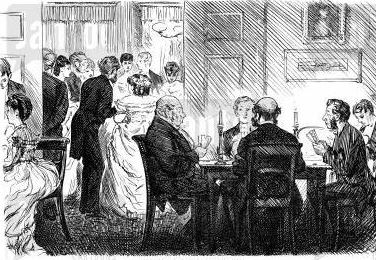What could be simpler than to say that when you play the card you are known to have, your opponent may decide not to play you for the card you are not known to have. If you say that fast 10 times, I’m sure your tongue as well as your brain will get twisted, so let’s look at today’s deal to see how it applies.
Vulnerable: North-South Dealer: South
Opening lead:  10
10
On lead against what we might condescendingly call a -Mama-Papa auction, West tabled the diamond 10.
East took two diamond tricks and then switched to a low heart. Declarer finessed, losing to West’s king, and West continued with his remaining heart. Declarer now smoothly cashed two more trumps, ending in the dummy. It was no surprise that neither defender parted with a spade.
Next came a low spade to the jack. Happily for South, that won the trick. Declarer now cashed the spade ace, on which a sleepy East contributed the 10. On the play of the third spade, even the lowliest novice would now rise with the king, swallowing the queen and making dummy’s spade nine the game-going trick.
East is the culprit, since he missed his chance for deception. When the ace of spades is played, East should smoothly drop his spade queen. Of course, it is still not clear that declarer will insert the nine when he plays the third round of spades, but he at least now has the chance to consider going wrong with that play.
Now return to the opening sentence. Read the words slowly, letting your bridge consciousness absorb them.
